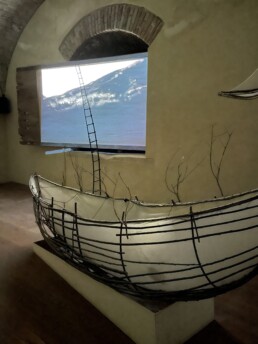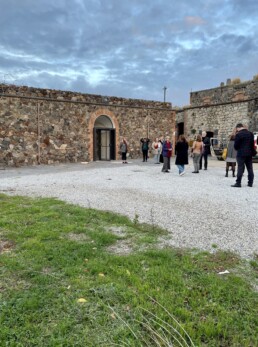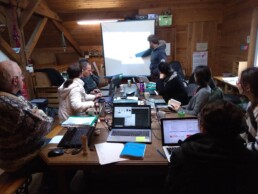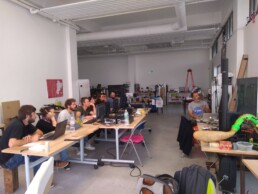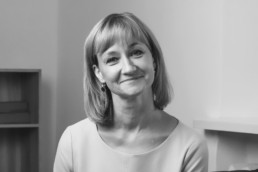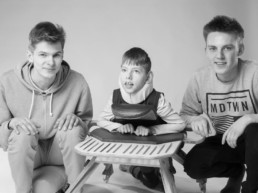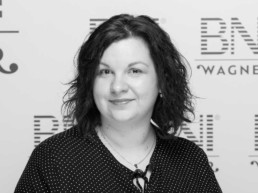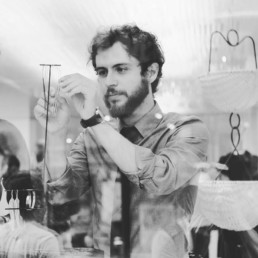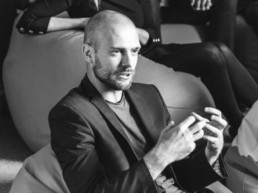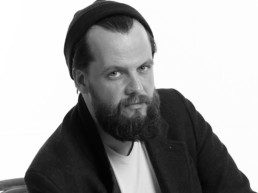A cluster approach in regenerative projects
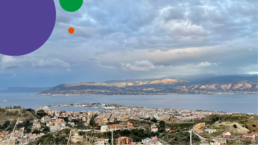
Creating an enabling environment for successful and sustainable regeneration projects based on the cluster approach requires collaborative actions among diverse stakeholders, including public authorities, third-sector organisations, academia, and policy-makers. Social economy clusters link a unique membership composition to social and ecological innovation objectives and this approach combines the power of clusters with the forward-thinking principles of the New European Bauhaus to drive innovation and progress in a regenerative way.
Two excellent case studies like Roccavaldina and PLOUCS highlight the transformative power of clusters. These examples emphasise inclusive collaboration among businesses, SMEs, chambers of commerce and incubators. This approach prioritises sustainable and inclusive business models rooted in local communities. Moreover, such policy implications like the Social Economy Action Plan, Clusters for Social and Ecological Innovation and others serve as a guide for fostering transformative, inclusive, and aesthetically pleasing developments aligned with the New European Bauhaus vision.
Through analysis of such case studies it was agreed that stakeholder engagement, governance challenges, and financial sustainability as well as the need for inclusive, sustainable, and accountable regeneration efforts involving diverse partnerships is an essential part to implement regenerative projects successfully.
The Roccavaldina initiative, Italy
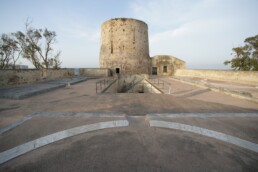
Roccavaldina is a village in Sicily of great historical and architectural value, located in a position of great scenic beauty overlooking the Gulf of Milazzo and the Aeolian Islands like a terrace. The great paradox of the socio-economic profile of the area lies in the fact that in contrast to the factors of identity, there is a deep social and economic fragmentation that is closely correlated with the progressive processes of decline.
The Roccavaldina initiative aims to establish a Park of Beauty and Science (PBS) with a holistic and interconnected approach, focusing on new biomaterials and bioplastics from circular economies. The project has three key components: rehabilitating an abandoned craftwork area, enhancing the architectural heritage, and reforestation for zero emissions. The transformation of an abandoned handicraft centre into a hub for research, training, and production involves the creation of a research centre, a bioplastics factory, and a lab for innovation. The synergy involves a public private partnership, attracting talents, and aligning with New European Bauhaus principles.
The organisational model involves collaboration between the municipality, MeSSInA Foundation, Ecos-Med Social Cooperative, and Horcynus Orca Foundation, following a participatory democratic process for strategic planning. The initiative creates opportunities for economic development, inclusiveness, and environmental responsibility and building cohesion through shared social norms and cooperation networks. The initiative aims to create co-working centres, educational-industrial centres, bio-plastic factories, and artistic/educational workshops to contribute to economic development, social cohesion, and cultural promotion in the Roccavaldina community.
There are several important links with the New European Bauhaus Initiative. Roccavaldina focuses on an ecosystemic approach, aesthetically enhancing local buildings through land art and promoting biodiversity preservation. The planting of over 2000 trees in a former landfill not only contributes to carbon negativity but also extends collective care beyond the human community. The circular economy hub’s role is to be a centre for green job training and upskilling, emphasising lifelong learning opportunities for vulnerable groups. A centre for social inclusion is providing a need based employment opportunities for vulnerable groups, including people with disabilities. This transformative approach integrates closely with the local municipality, acting as an intermediary in identifying beneficiaries and determining accessibility criteria. The engagement of local actors occurs at three levels: cluster members supporting identification and co-design, the local community participating in the regeneration process, and a mutual exchange partnership with the local municipality.
Read more about the good practice – the Roccavaldina initiative
PLOUCS, France
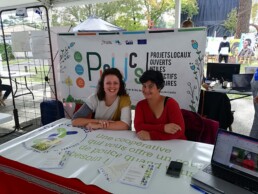
PLOUCS, the association for the development of the social and solidarity economy (SSE) in the Landes founded in 2017, was born out of the initiative of a group of players committed to promoting the SSE in this area of south-west France. The Landes département, while offering great economic and natural diversity, was facing socio-economic challenges, notably unemployment and precariousness in some rural areas.
It comprises about 20 local SSE structures governed cooperatively and consisting entirely of legal entities. PLOUCS engages in various activities, including its SSE project incubator that provides project leaders with consulting, training, and co-working spaces funded by European and regional support. The organisation also develops educational tools, like the Kess’Essa game, which raises awareness of SSE and receives funding from the Landes department and regional sources.
PLOUCS drives the “Coopératives Jeunesse de Services” initiative, allowing young people aged 16 to 20 to engage in cooperative projects during the summer. It facilitates networking and cooperation between SSE actors, local authorities, and educational partners funded by the SSE region. The organisation is essential to promoting the SSE, supporting social entrepreneurs, raising awareness, and creating opportunities for youth involvement in cooperative projects. In so doing, PLOUCS contributes significantly to the economic and social development of the region.
PLOUCS demonstrates a strong alignment with the New European Bauhaus (NEB) values, showcasing its commitment to integrating arts and culture, closing the loop through circular economy practices, and fostering social inclusion. In detail, PLOUCS practises participatory co-development with participative governance structures, working globally and embracing a multidisciplinary approach. Specifically, PLOUCS promotes art dissemination through Landes’Art, engages in circular economy and sustainable agriculture projects, prioritises social inclusion in its initiatives, and actively participates in national and international collaborations, including knowledge exchange with European clusters. PLOUCS’s efforts exemplify the principles of the NEB Compass, making it a noteworthy contributor to the vision of a more sustainable, inclusive, and aesthetically pleasing future.
Read more about the good practice – PLOUCS, France
Key Aspects for Success
The peer review discussions within the working groups have provided valuable insights into critical aspects of stakeholder engagement, governance challenges, and financial sustainability inherent in regional regeneration projects, with a specific focus on diverse cluster models. The overarching objective is to foster the development of self-sustainable projects capable of generating financial resources, ensuring the enduring viability of regional regeneration initiatives within the cluster framework.
- Financial sustainability: It is important to diversify funding sources beyond initial public investments, to search for innovative approaches, particularly embracing a cluster-based strategy for sustainable development, for example, virtual currencies not only as a medium of financial exchange but also as a tool for fostering a collaborative economic system.
- Inclusive stakeholder engagement: Stakeholders from public authorities, third-sector organisations, academia, and policy-makers should collectively mandate and facilitate inclusive stakeholder engagement models, such as co-design and co-planning particularly involving the community. Ensure diverse partnerships involving communities, social economy ecosystems, and academia.
- Transparent communication and governance: Transparent communication, robust feedback mechanisms, and conflict resolution strategies are crucial for successful management and governance in cluster-based regeneration projects.
Read more about these aspects as well as the summary of good practices – The Roccavaldina initiative in Italy and PLOUCS in France
The social economy missions were organised in the framework of project ‘SEA4NEB’ that aims at promoting social economy models to contribute to the New European Bauhaus and at how they can foster spatial and sectoral clusters, taking an ecological approach to cultural cooperation and territorial development with local authorities. The whole methodology of the project is based on a strong partnership at local level between the local authority and the SE actor, while Diesis Network will act as transnational facilitator and coordinator.
Funded by the European Union. Views and opinions expressed are, however, solely those of the authors and do not necessarily reflect those of the European Union or EISMEA. Neither the European Union nor the granting authority can be held responsible for them.

